Water Purification Systems for Guaranteed Purity for Demanding Scientific Applications
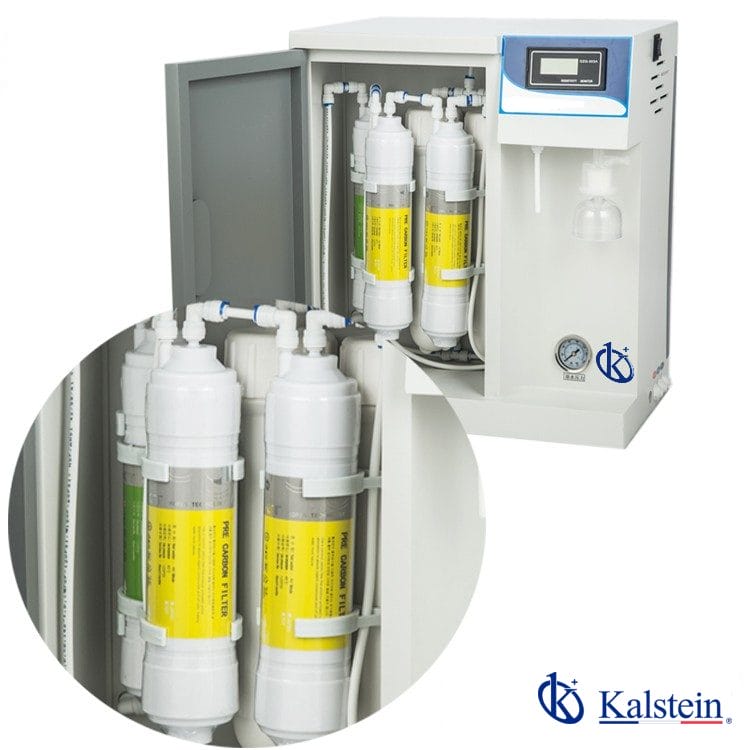
When it comes to ensuring precise and reliable results in laboratories and scientific applications, water quality plays a crucial role. Not all labs are equipped with water purification systems that meet the demands of the most rigorous research.
High Sensitivity Fluorometers: Enhance Your Fluorescence Analysis
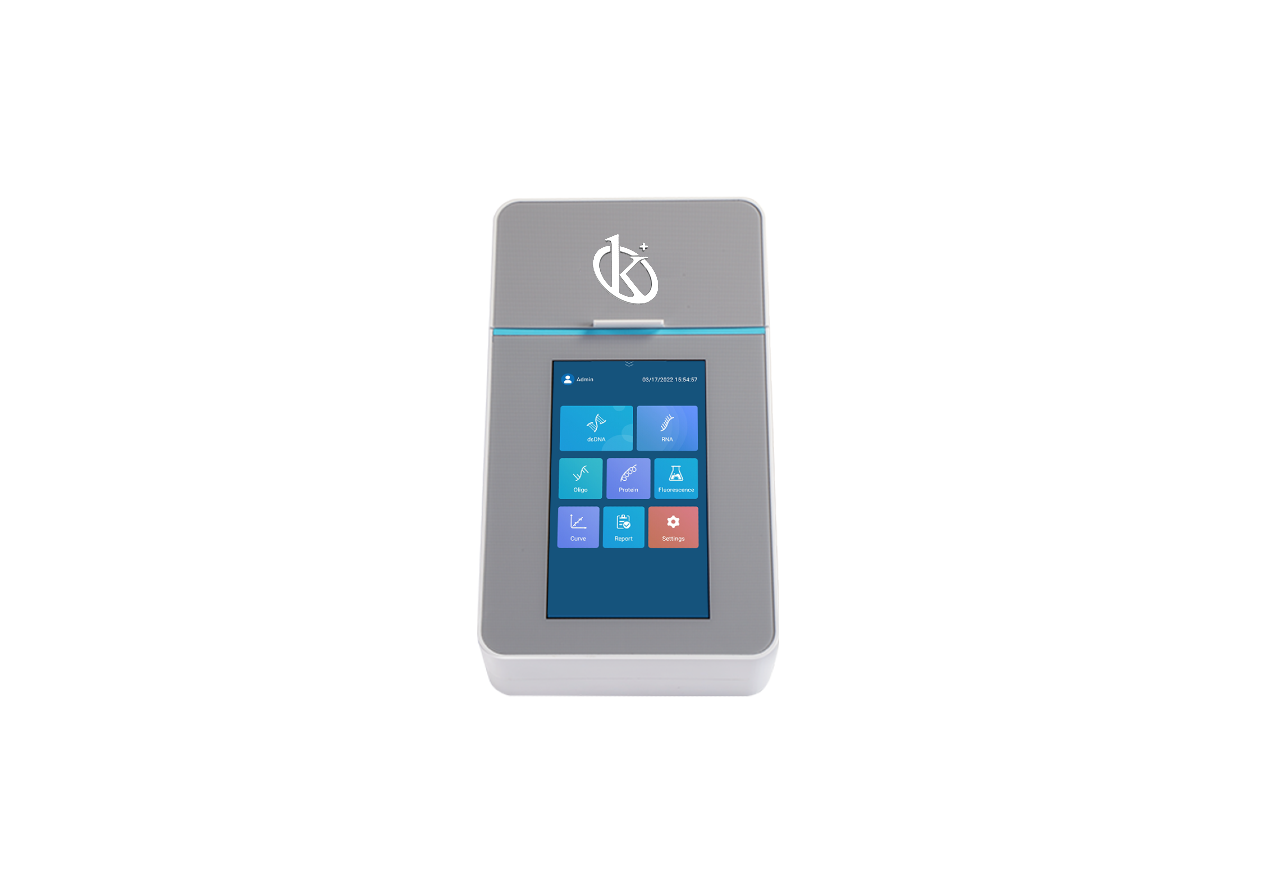
Fluorometers have significantly evolved in recent years, offering sensitivity and precision that are essential in research and quality control laboratories. If you work with fluorescence analysis, you know how important it is to have a high-end device that not only guarantees accurate results but is also easy to use and maintain.
Ice Makers for Laboratories: Consistency and Purity in Every Process
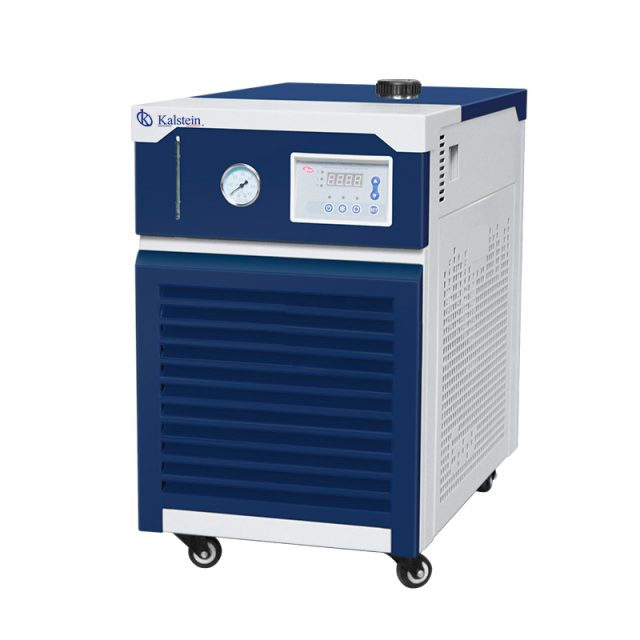
Modern technology has enabled laboratories worldwide to achieve high levels of precision in their processes. One of the key pieces of equipment in this advancement is the ice maker, a device that ensures the availability of pure and consistent ice for a variety of scientific applications.
Infant Phototherapy Incubator: Safe Treatment for Neonatal Jaundice
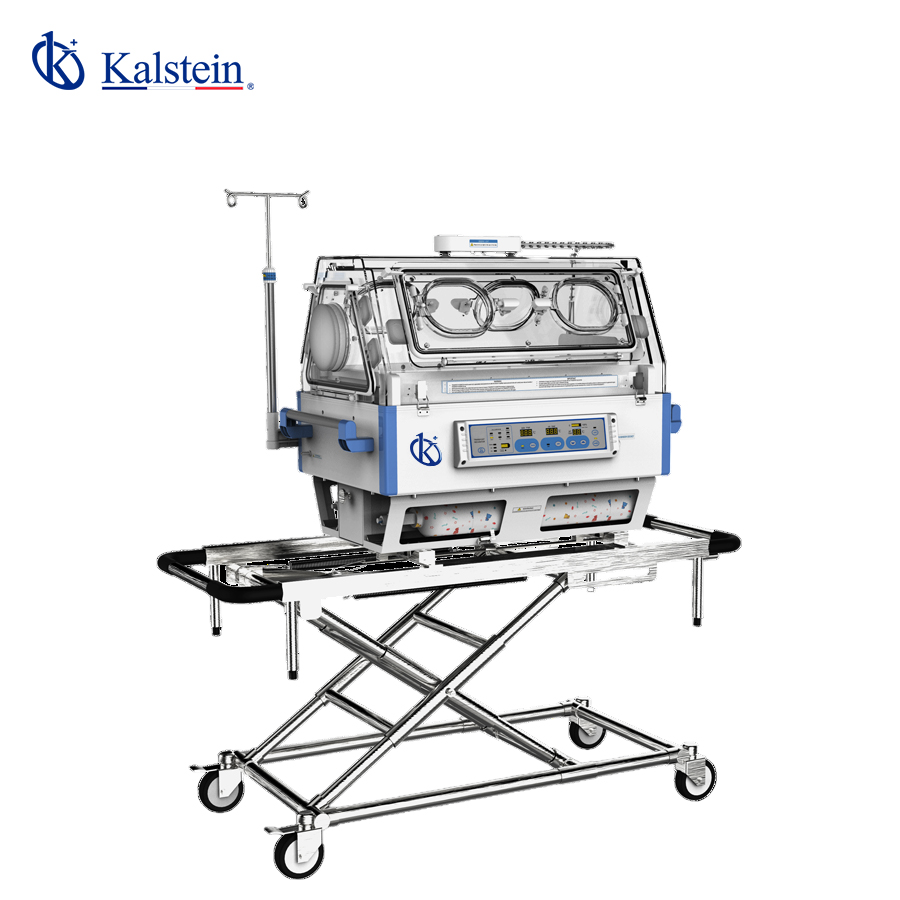
The infant phototherapy incubator has become a crucial tool for treating neonatal jaundice, a condition that affects numerous newborns…
Infant Radiant Warmer: Safe Thermal Regulation for Newborns
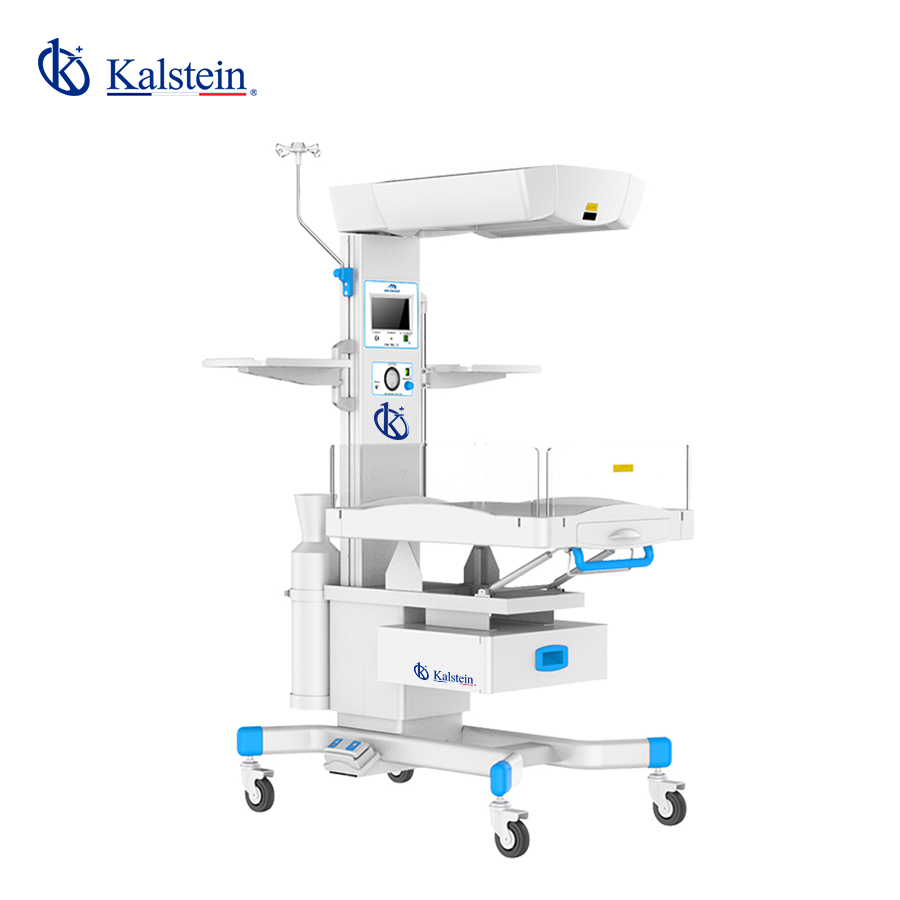
When we talk about an Infant Radiant Warmer from Kalstein, we are referring to a high-precision device designed to ensure stable…
Infusion Pump: Precise Flow Control for Continuous Therapies
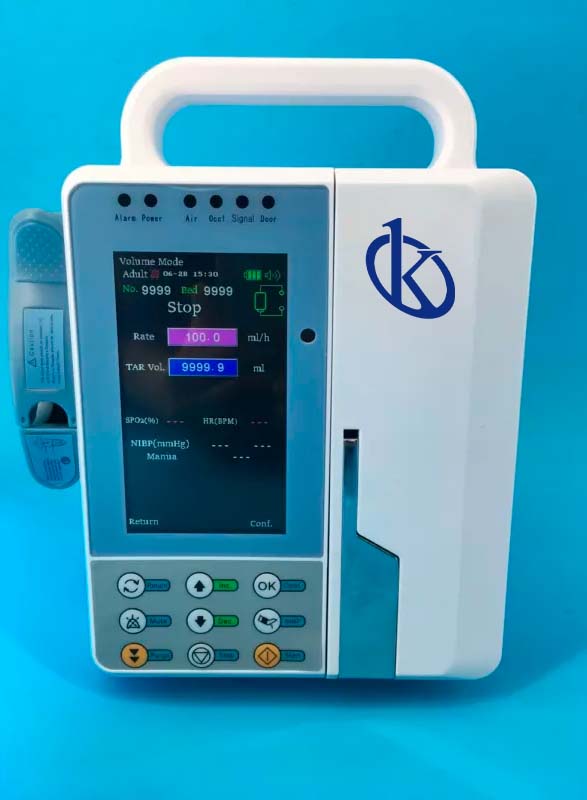
When we talk about an infusion pump from the Kalstein brand, we refer to equipment designed with precision and reliability to ensure…
Dental Units: Ergonomics and Technology for Efficient Treatments
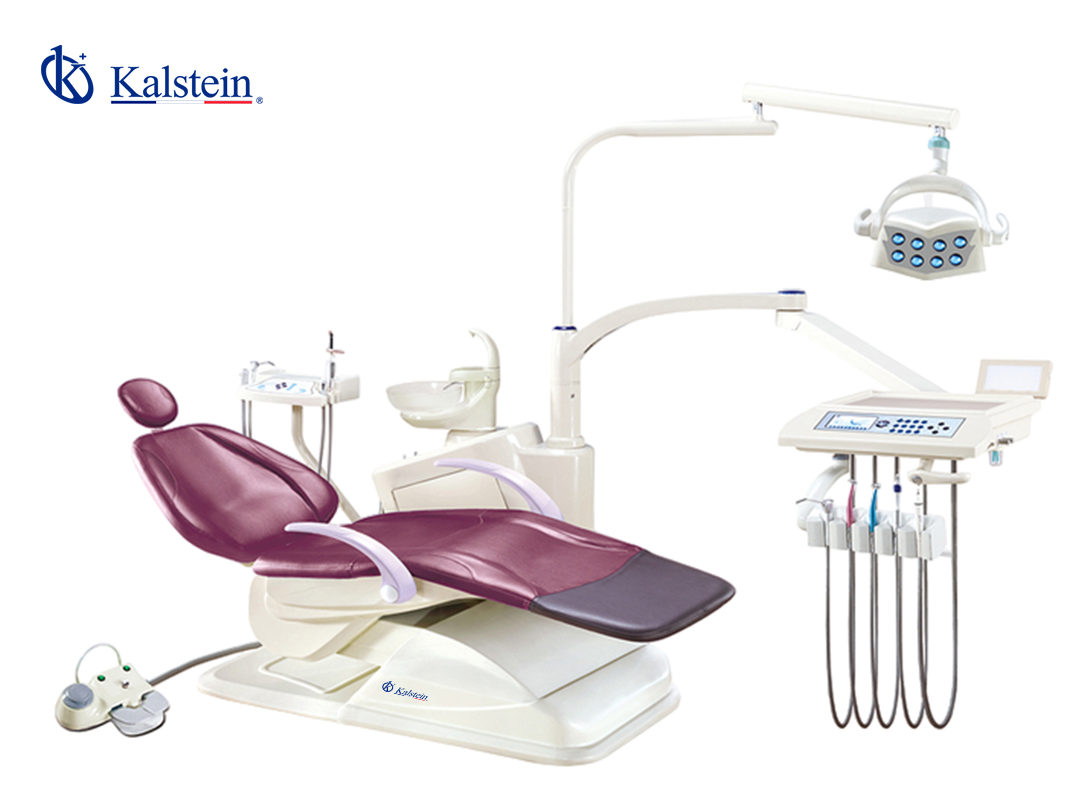
Talking about Kalstein’s Dental Units means delving into a world of precision, ergonomics, and advanced technology. In my experience…
Dental Accessories: Precision Tools for Dental Procedures
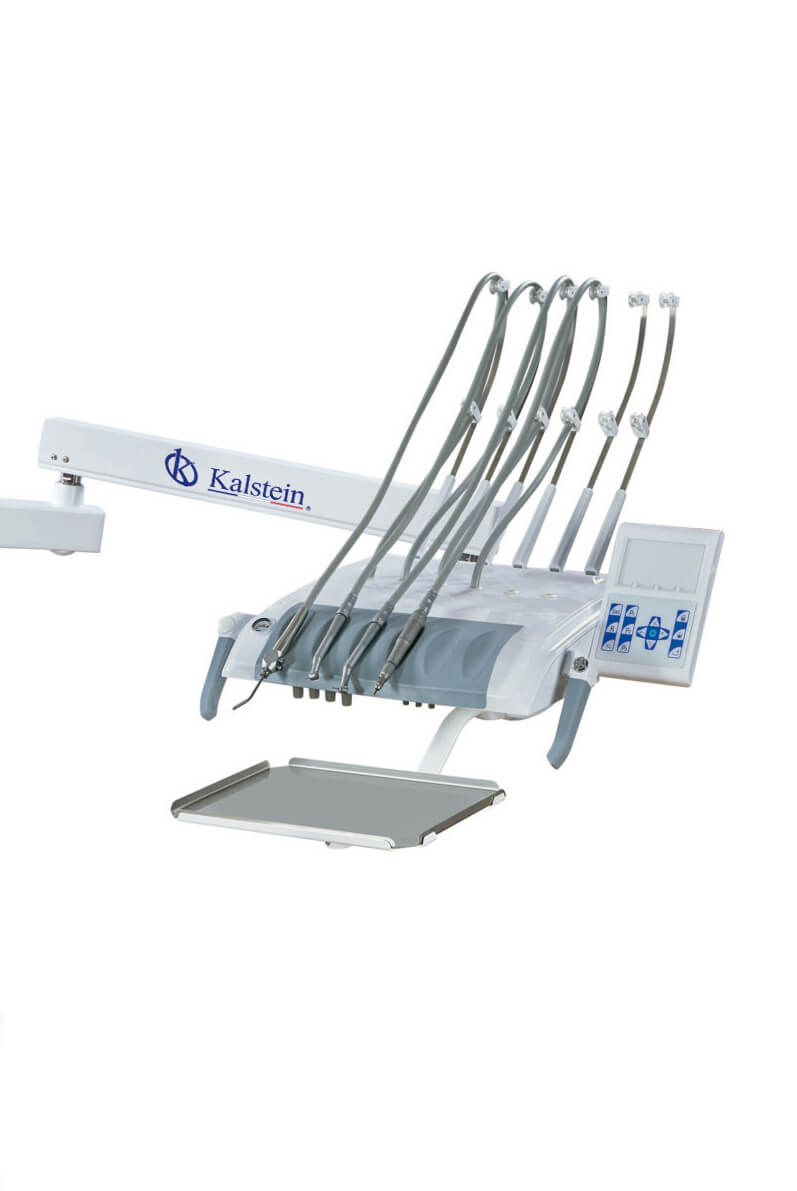
When discussing Kalstein dental accessories, we are referring to tools designed to offer precision and durability in every dental procedure…
Advanced Technology in Electrophoresis: Precision and Speed in Genetic Analysis
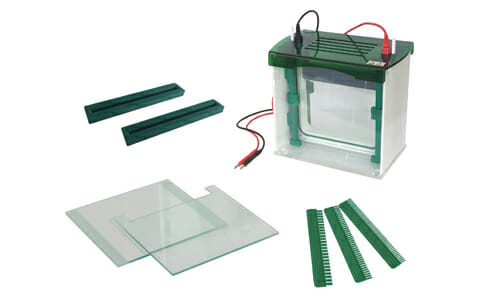
Electrophoresis is a fundamental technique in molecular biology and genetics laboratories. It is crucial for separating and analyzing nucleic acids or proteins based on their size and charge.
Gel Documentation: Capture Clarity in Your Biological Experiments
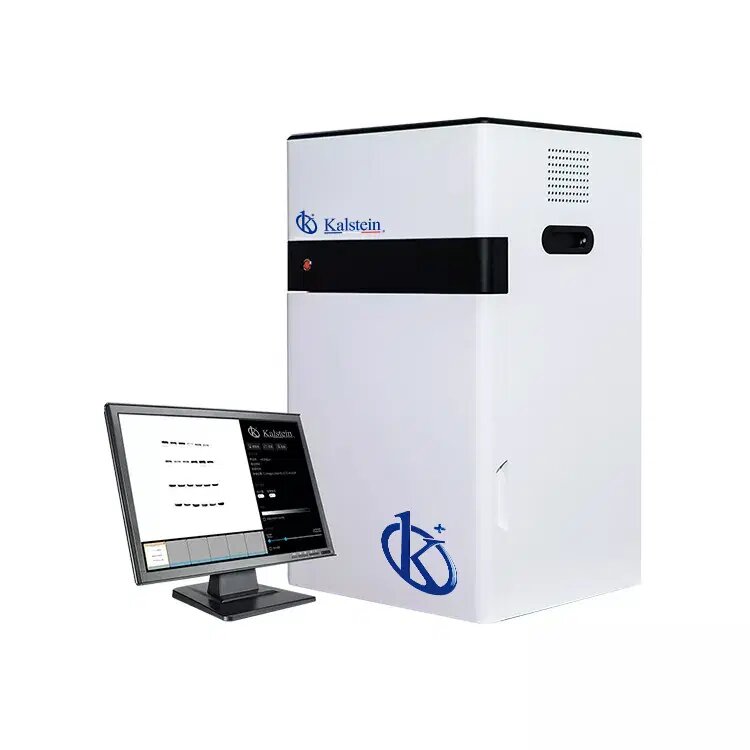
When working in molecular biology, one of the most important steps is the clear and precise visualization of experimental results. Gel documentation is crucial to ensure that we can observe and analyze these results efficiently. From my personal experience in the lab, I can say that having a reliable documentation system makes all the difference, especially when dealing with complex sample research and analysis.
